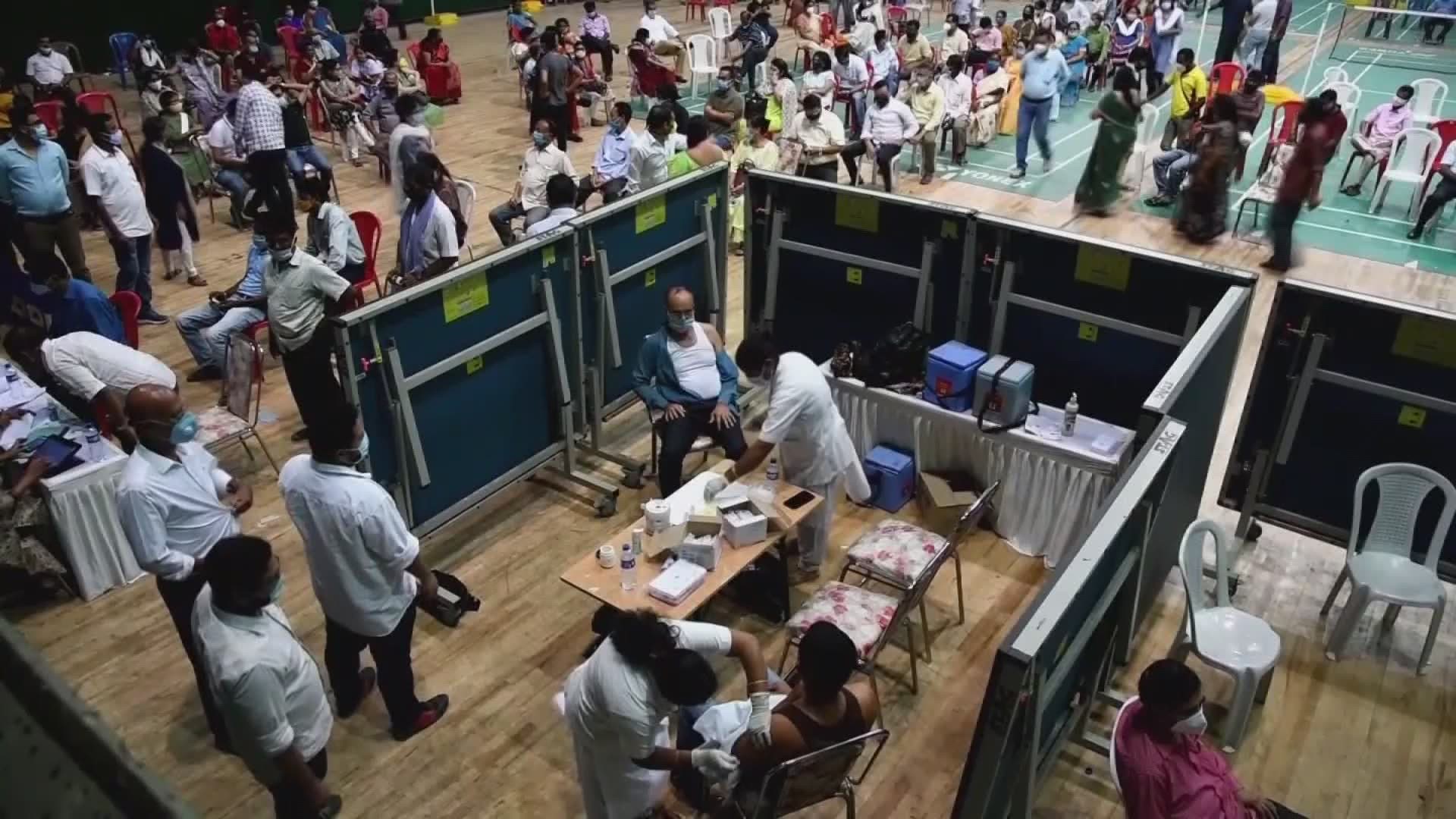NEW ORLEANS — The World Health Organization is reclassifying the COVID variant spreading in India as a “variant of concern” at the global level. The triple-mutant COVID variant is highly contagious.
Right now, there are only a few reported cases of it in the U.S. It is not known if it is in the southeast Louisiana area. So what does this mean, and how can you protect yourself?
By now you've seen the COVID suffering in India. The illness, deaths and mass outdoor funeral pyres. And on Monday, new headlines that the World Health Organization classifies the triple-mutant COVID variant from India, as global health risk.
“They've got some evidence that either the virus is more transmissible, or is able to evade the immune system a little better,” explained Dr. Robert Garry, a Professor of Microbiology and Immunology at Tulane Medical School.
So what does that mean to you and me? And what is a triple mutant? Dr. Garry tracks emerging viruses. He says there are three changes in the spike protein gene. Those spikes are what the virus uses to latch on and invade each cell. So can it completely outsmart our natural immune systems?
“So far, none of the variants, including this Indian variant, are able to completely escape the immune system,” he noted.
So can the Indian triple mutation escape immunity from the vaccine?
“So we know that the vaccines work against this immune variant. They work pretty well, but what they do very well, is to prevent people from getting really sick and from going to the to the hospital.”
So Dr. Garry says that's the important message is, vaccinations protect you from getting serious illness from all the variants.
What about the people who are choosing not to get the vaccine? Are they going to be more susceptible to serious side effects or even death if this variant from India infects them?
“There is good evidence that this new variant from India is more transmissible and somewhat more deadly and people get sicker, so you're really playing with fire if you're not getting this vaccine,” he said.
And he says it's why children should be vaccinated, even though they are at low risk for serious illness from COVID. If the virus can't spread from person to person, it can't make new more deadly variants.
As the virus changes, it is highly likely that down the road we may need to get a booster, just as we do with flu vaccines.
The good news is the technology makes it easy and fast to change the vaccines.

